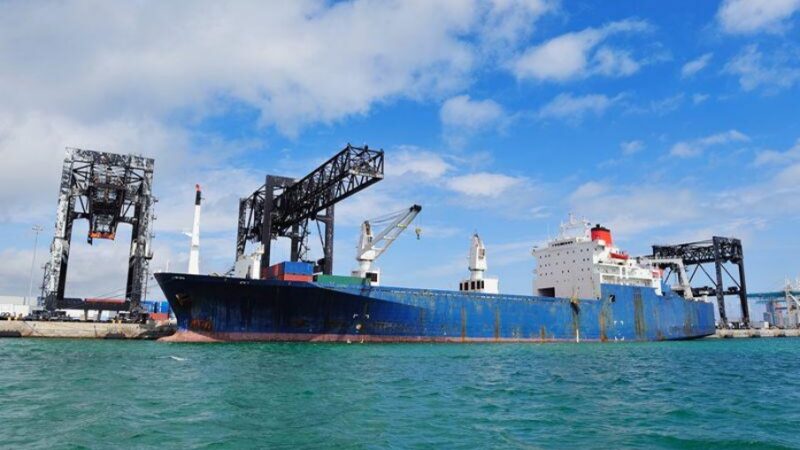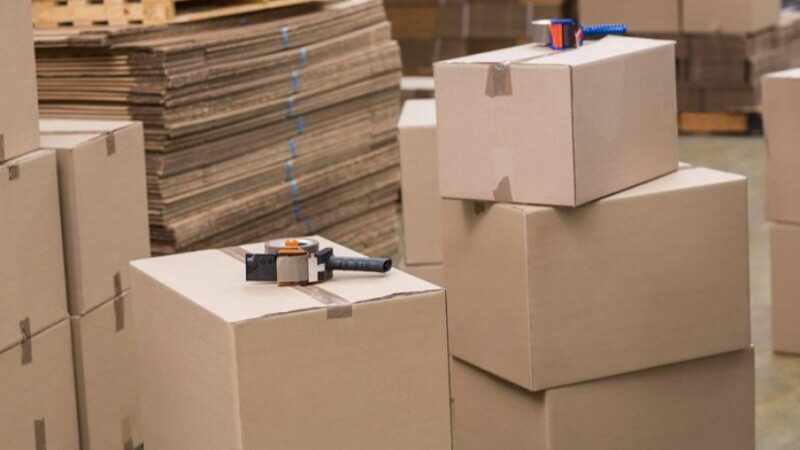How Machinery Packing Shapes the Success of Project Logistics

Project logistics requires precision, planning, and protection. At the core of this process lies machinery packing, a critical factor that determines how effectively equipment reaches its destination. When done properly, it safeguards valuable assets, minimises transit risks, and ensures timely delivery. The coordination between packaging experts and logistics teams shapes the success of every shipment, particularly in large-scale projects where equipment value and timing are crucial.
Protecting Equipment During Transit
Machinery packing plays a vital role in safeguarding equipment from damage during transport. Heavy machinery is often exposed to harsh conditions such as vibration, humidity, and temperature changes. Without proper protection, these elements can cause corrosion, structural damage, or mechanical failure. High-quality packing methods use sturdy materials, precise cushioning, and protective barriers to maintain stability during movement.
When machinery is packed correctly, it can withstand long journeys across land and sea without sustaining damage. Properly sealed wooden cases or metal frames shield sensitive components, while moisture-resistant coatings help preserve equipment integrity. This attention to detail prevents operational setbacks once machinery arrives on-site, reducing financial and time losses within the overall project logistics plan.
Enhancing Operational Efficiency
Every stage in project logistics benefits from efficient machinery packing. A well-organised packing process streamlines loading, transportation, and unloading operations. By categorising components and using standardised containers, logistics professionals can track and handle shipments more effectively. This eliminates confusion during customs inspections and reduces delays at transfer points.
Furthermore, effective packing ensures that cargo dimensions and weights are optimised for shipping. Balanced weight distribution allows for safer transport and minimises space waste within containers or trailers. This precision enables logistics managers to plan routes and costs more accurately, contributing to smoother operations and improved productivity throughout the project timeline.
Supporting Custom Requirements in Project Logistics
Each logistics project varies depending on the type of machinery, destination, and handling environment. Machinery packing must adapt to these specific needs. Custom packing solutions are designed to fit the exact size and shape of equipment, using materials that meet international standards and safety regulations. This adaptability ensures compliance with local and global shipping requirements while maintaining cargo safety.
Specialised cases, shock absorbers, and treated wooden crates are tailored to the machinery’s condition and fragility. This level of accuracy prevents unnecessary movement during transport and provides extra assurance when machinery travels through multiple transport modes such as sea, air, and road. The result is a seamless integration of packaging within the larger project logistics.
Reducing Costs Through Damage Prevention
Proper machinery packing contributes significantly to cost control in project logistics. Equipment damage during shipment can lead to repair costs, replacement expenses, and project delays. By investing in secure packing, companies can avoid these financial setbacks. Protective materials such as reinforced wooden cases, steel supports, and anti-corrosion layers act as insurance against external impacts.
The durability of the packing materials extends the lifespan of reusable crates and cases, lowering the need for new packaging on future shipments. Moreover, consistent packing standards reduce inspection times and simplify insurance claims, making the entire logistics process more predictable and cost-efficient.
Meeting Environmental and Regulatory Standards
Modern project logistics emphasises compliance with international environmental and shipping regulations. Machinery packing contributes to this by using materials that meet global standards such as ISPM 15 for wooden packaging. This ensures that the wood used in packing is treated to prevent pest infestation and contamination, enabling smooth customs clearance and avoiding shipping delays.
Additionally, many logistics firms are shifting towards sustainable packaging solutions. Reusable cases, recyclable materials, and eco-friendly coatings are becoming standard practices. Machinery packing aligned with these sustainability goals demonstrates responsibility and readiness for future logistical challenges.
Learn More: What does a driver do in the Logistics Industry?
Ensuring Coordination Across the Supply Chain
Effective project logistics depends on collaboration between multiple stakeholders, including manufacturers, packers, freight forwarders, and receivers. Machinery packing serves as the connecting element in this chain. When packaging is well-executed, every party involved can handle cargo efficiently, with clear labelling, documentation, and easy access for inspection.
This coordination minimises miscommunication and ensures that the right equipment reaches the right destination on schedule. A detailed packing list and systematic handling procedure promote accountability throughout the logistics process. Reliable machinery packing becomes a shared assurance that each operation proceeds smoothly from origin to installation.
Building Long-Term Reliability and Trust
In large-scale logistics projects, consistency matters. Repeated success in machinery packing builds trust among clients and logistics partners. It reflects a company’s commitment to precision, safety, and professionalism. Over time, this reliability becomes a key differentiator in competitive industries such as construction, oil and gas, and manufacturing.
Well-packed machinery does more than protect cargo; it enhances a company’s reputation for quality logistics execution. By focusing on robust and efficient packing strategies, businesses position themselves as dependable partners in handling valuable industrial shipments.
For more information about logistics, contact Sin Chew Woodpaq today.







